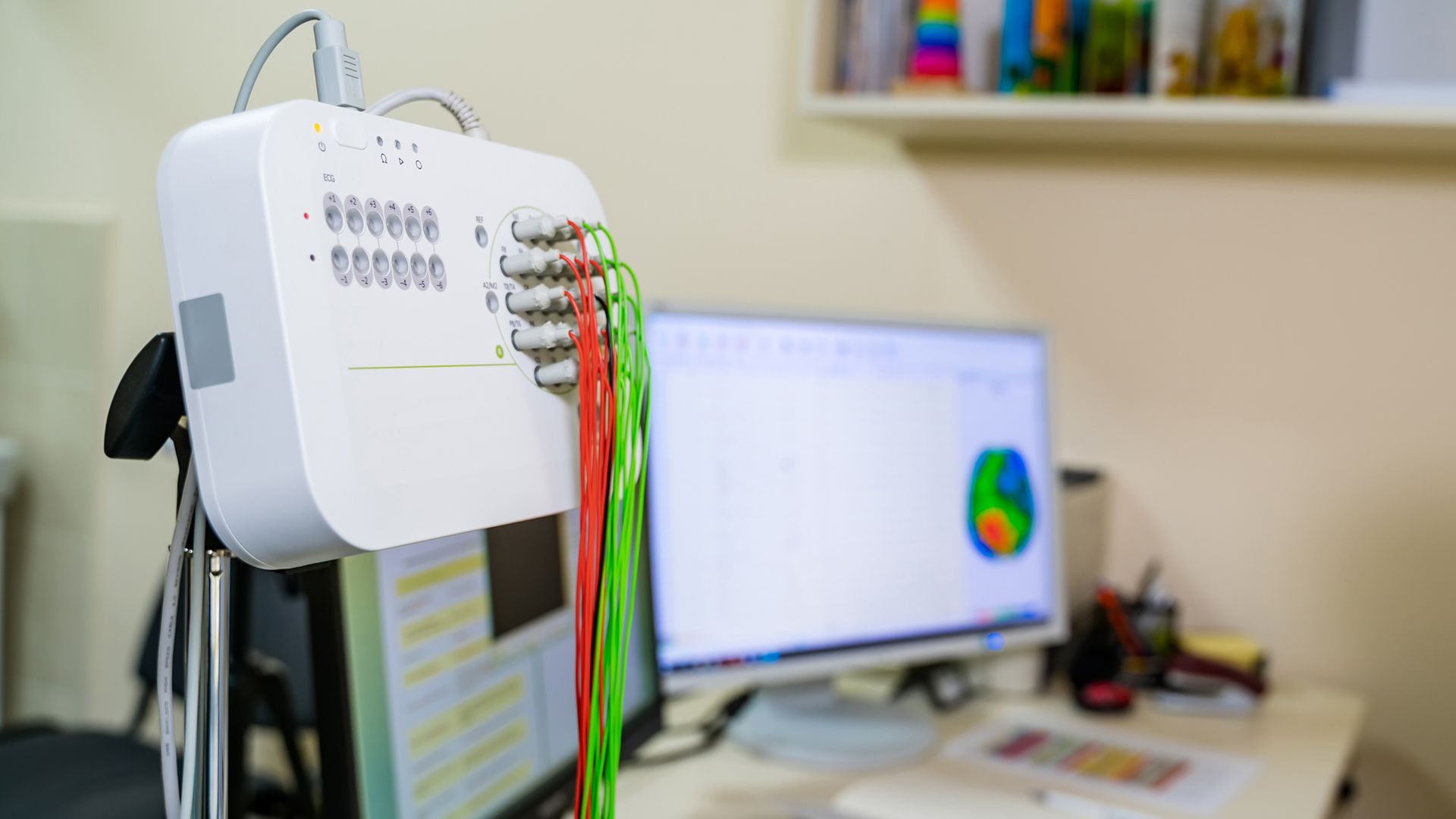AADC deficiency is a rare genetic disorder that is typically diagnosed in the first year of a person’s life.
In people who have AADC deficiency, the body cannot make an enzyme called aromatic l-amino acid decarboxylase. This enzyme plays a critical role in the synthesis of neurotransmitters, including dopamine and serotonin. People who have AADC deficiency have low levels of these neurotransmitters.
When there are low levels of neurotransmitters, the nervous system cannot properly communicate with the other systems of the body. This can result in a wide variety of symptoms that affect the way a person moves and thinks.
It can also affect autonomic processes, like how the body regulates digestion, blood pressure, and temperature. The first signs of AADC deficiency are often development delays, such as delays in walking and speech.
AADC deficiency is a rare condition. Though the actual number of cases is believed to be higher (with some misdiagnosed as other conditions) there are approximately 150 documented cases of AADC deficiency throughout the world.
Rare conditions come with additional challenges. There is less available research and literature about the condition. There are fewer physicians who are familiar with the condition. There is more work to be done by the parent seeking the best treatment for their child.
Here, we look at what parents of children with AADC deficiency can expect when working with a pediatric healthcare team.
Are there medications that treat AADC deficiency?
Treatment typically involves medications to improve the availability of neurotransmitters in the body (such as medications that increase the production of dopamine or prevent the breakdown of dopamine).
There are no medications designed specifically for the treatment of AADC deficiency, but there are medications that can be prescribed off-label. Medications are prescribed off-label when there is literature supporting their use for the treatment of a condition.
Clinical trials may be another option. A clinical trial may offer access to newer therapies that are not yet available to the public. Clinical trials are another topic to discuss with a child’s healthcare provider.
What else will treatment involve?
Treatment will also involve therapies that address the specific symptoms a child is experiencing. For example, speech therapy to help with speech delays, medications that help reduce involuntary movements, or medications that help treat sleep disturbances.
Treating AADC is a different process for each person, and your child’s healthcare providers will be able to answer questions about treatment options.
What healthcare providers will my child need?
Be prepared to work with a number of different healthcare providers. AADC deficiency requires a team-based approach and personalized care. Healthcare providers you work with may include:
- Primary care provider. This is your child’s pediatrician.
- Pediatric neurologist. A healthcare provider who specializes in the treatment of neurological disorders in children.
- Other specialists. For example, a gastroenterologist. These are providers who can help address specific symptoms.
- Speech and movement therapists. Physical therapy, occupational therapy, and speech therapy can help address delays in movement and communication.
Because you will be working with multiple healthcare providers, it’s important to stay as organized as possible. Conditions like AADC deficiency generate a lot of paperwork. Keeping your files organized, keeping your calendar up to date, and keeping a symptom journal will make things much easier.
Take care of your own health
Remember that caregiver burnout is real. Take proactive steps to avoid it. Set aside time for yourself—time to eat well, to exercise, to take a break from your responsibilities.
A child with AADC depends on you and it’s important to look after your own health—including your mental health.
Visit your own healthcare providers and stay up to date on preventive care, including dental care, immunizations, and annual exams.
Strongly consider working with a therapist or counselor, who can help you find strategies for coping with both the emotional experience and the day-to-day stress of being a caregiver.






